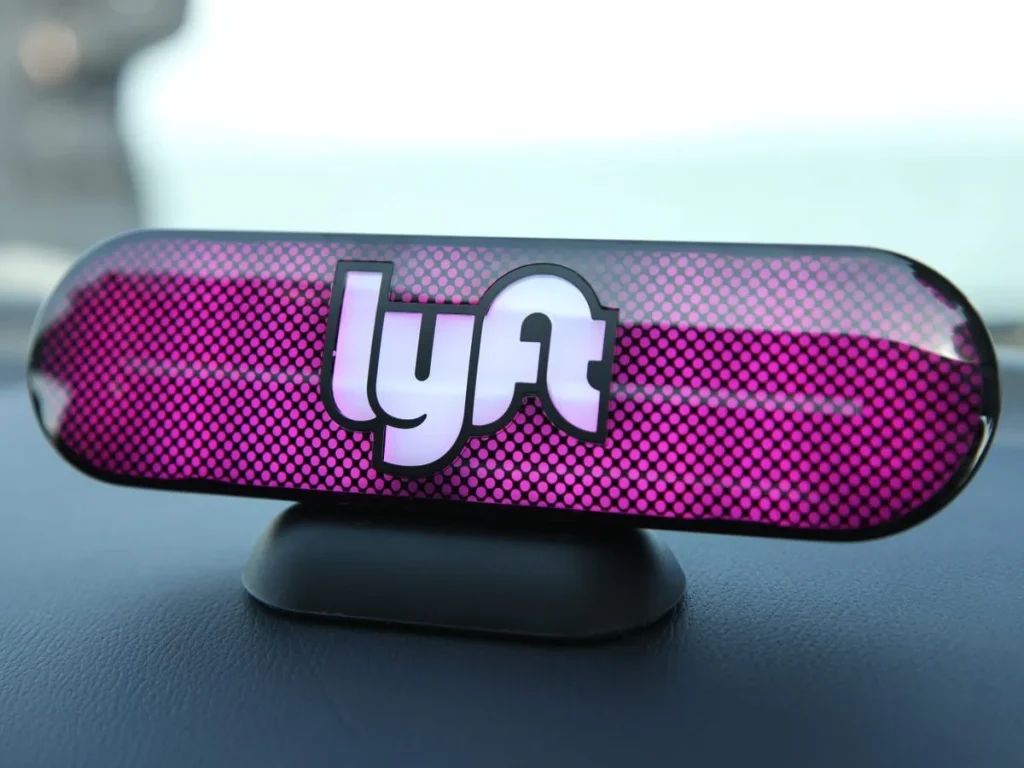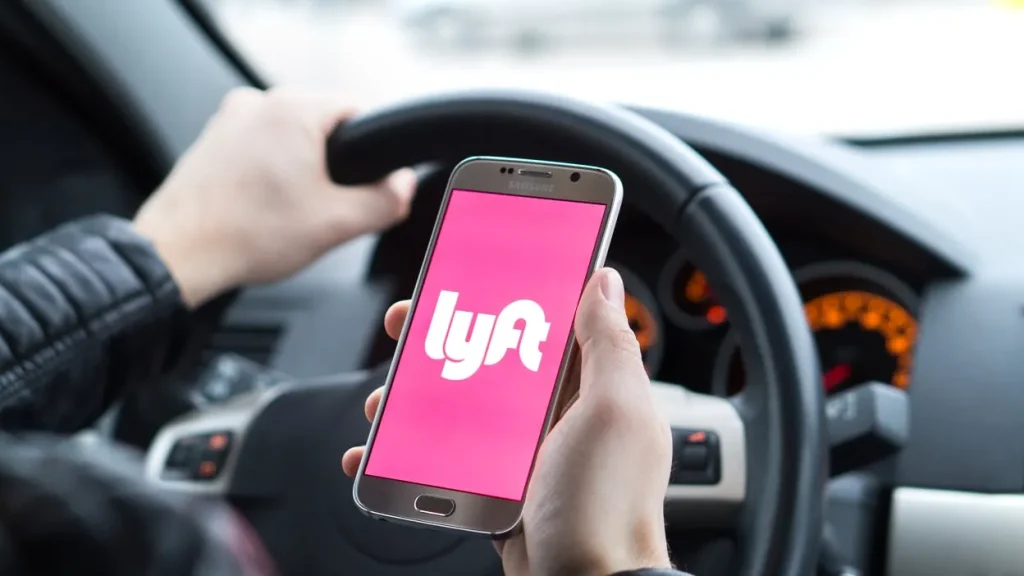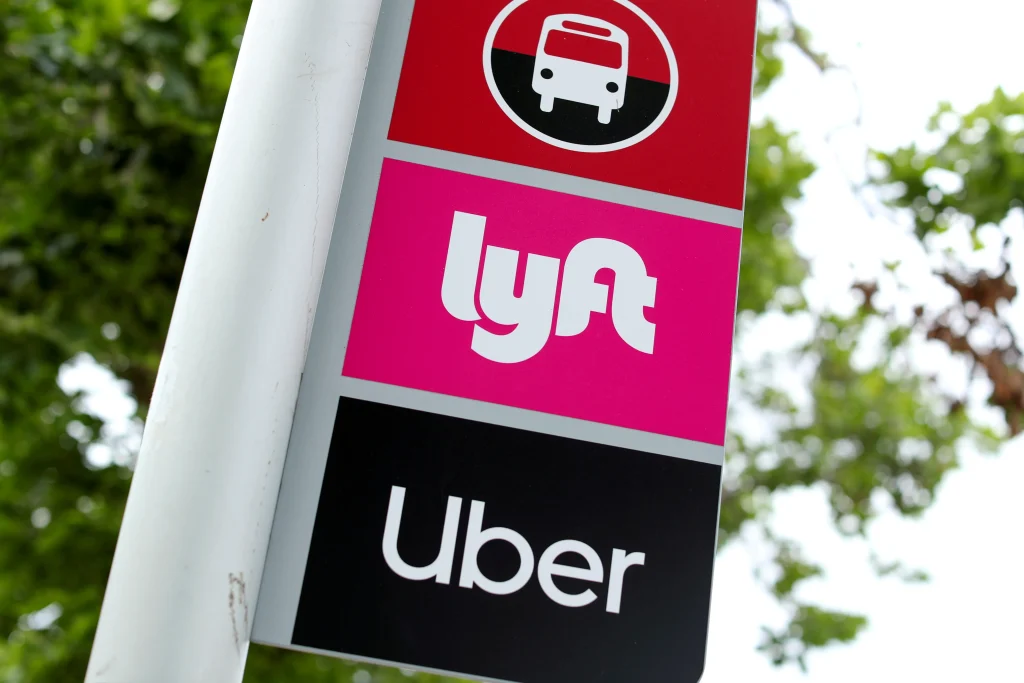Lyft to Pay $2.1M in Misleading Ads Settlement with FTC
Rideshare giant Lyft has agreed to pay a substantial $2.1 million fine as part of a proposed misleading ads settlement with the Federal Trade Commission (FTC). This follows a complaint by the FTC to the effect that Lyft had provided false information on how much a contractor could earn.
In the FTC’s complaint, Lyft regularly advertised specific hourly rates which drivers could earn, including e.g., “up to $33 per hour” for driving in Atlanta. However, these numbers were calculated using the incomes of the five percent of the drivers and had included tips as well, unapplicable to the incomes of the common driver.
Lyft’s Deceptive Advertising Practices
The FTC said that Lyft misled consumers by exaggerating the income earned by its drivers by as much as one third. As part of the misleading ads settlement, Lyft is now required to base its potential pay claims on what drivers typically make and must exclude tips from stated hourly pay.
FTC Chair Lina M. Khan said, “It is unlawful for employers to attract workers with false promises of how much money they will make doing certain work.” The FTC will continue to apply all of its authorities to take actions against businesses once these fail to obey the law and harm American workers.

Misleading Earnings Guarantees
The FTC also stated that alongside inflated claims of hourly pay, Lyft misled investors on wages promises as well. For instance, one offer was to give drivers $975 for doing 45 rides in a weekend. But for drivers, this amount would be an extra amount they would earn above their base pay, while truth was it was a base pay that would only be paid once the drivers hit a given number of trips.
As part of the misleading ads settlement, Lyft is now required to make it clear when such offers are conditional minimum pay guarantees rather than bonuses.
Lyft’s Response and Commitment to Best Practices
In response to the misleading ads settlement, Lyft released a statement on its website highlighting recent changes made to improve transparency in communicating driver earnings. The company also committed itself to compliance with FTC best practice when relaying such information to the driver.
The misleading ads settlement with Lyft comes two years after the FTC announced its intention to crack down on gig work companies for “unfair, deceptive, anticompetitive and otherwise unlawful practices.” This settlement is a clear indication that Lyft and its primary rival Uber is under constant supervision by labor authorities at the state and federal level.

Ongoing Challenges in the Gig Economy
Another area referring to a gig economy, such as Lyft, has experienced growing pressure to adjust working circumstances and fair payment for workers. In areas like Massachusetts and New York City, laws have been passed requiring ridesharing companies to pay its drivers a wage above the state minimum.
But it has been exposed that some drivers such as Lyft and Uber have been accused of pushing buttons that deactivates the drivers’ accounts to reduce their earnings shows that the gig economy is still evolving and that the rights of workers are in a constant fight.

The Significance of the Misleading Ads Settlement
The misleading ads settlement between Lyft and the FTC is a significant development in the ongoing efforts to hold gig work companies accountable for their advertising practices and treatment of workers. This serves to inform everyone that false advertisement will not be accepted and that companies have to come clean when it comes to potential earnings to the prospective drivers.
With gig economy’s constant and growing popularity, it is vital for the regulators to pay close attention and keep challenging companies such Lyft practices of how they trick workers and treat them unfairly in absence of obtained ‘fictitious” earnings. The $2.1 million misleading ads settlement serves as a reminder of the importance of accurate and transparent advertising in the rideshare industry and beyond.
